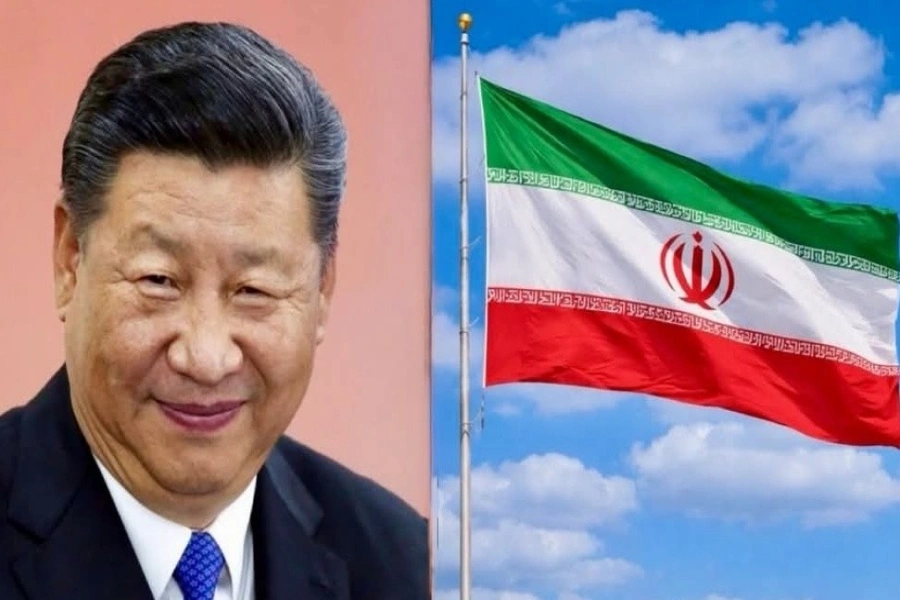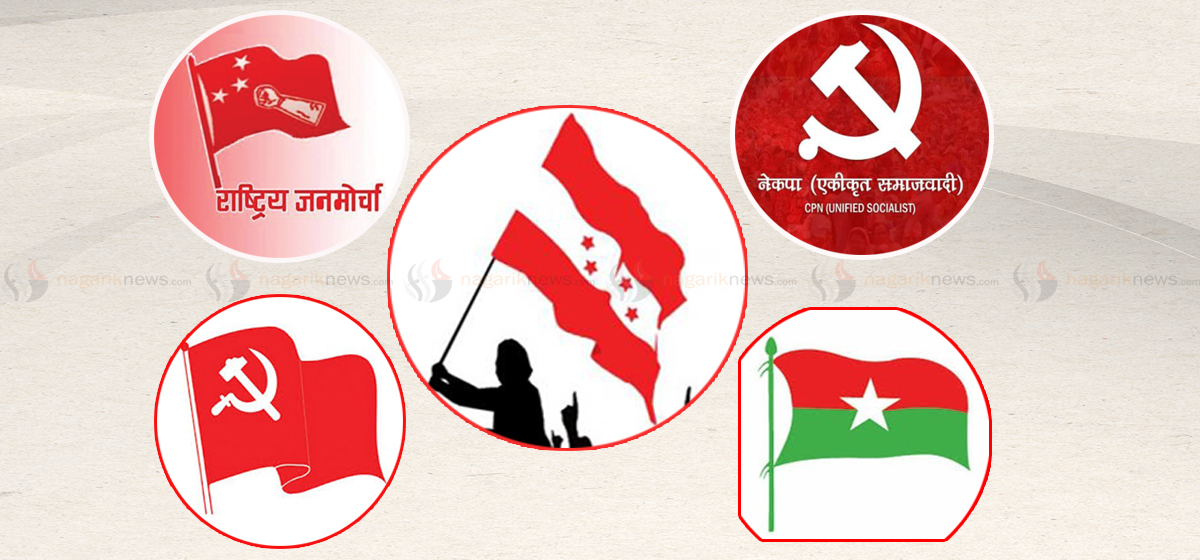KATHMANDU, May 6: The ruling coalition comprising the CPN-UML and CPN (Maoist Center) has managed to ensure a narrow majority in the parliament by ‘orchestering’ the split of Upendra Yadav-led Janata Samajbadi Party-Nepal (JSP-N), one of the coalition partners in the incumbent government, amid apprehension that the party was conspiring to withdraw its support to the Pushpa Kamal Dahal-led government.
With the Election Commission (EC) officially recognizing the Ashok Rai-led Janata Samajbadi Party (JSP) as a new political party, the imminent collapse of the current Dahal-led government seems to have deferred, although its long-term survival still looks bleak.
The latest move of the ruling Maoist Center and the UML comes amid reports that two of their coalition partners--Janata Samajbadi Party-Nepal (JSP-N) led by Upendra Yadav and CPN (Unified Socialist)-led by Madhav Kumar Nepal were in negotiation with the main opposition party, Nepali Congress (NC) to form a new government.
The Dahal-led Maoist government is supported by UML, Rastriya Swatantra Party, JSP and Nagarik Unmukti Party-led by Ranjita Shrestha. While the UML has 79 lawmakers, Maoist Center and RSP have 32 and 21 lawmakers, respectively. The current government was also supported by NUP that has four lawmakers in the federal parliament.
The Dahal-led government had support of a total 148 lawmakers against the minimum support of 138 lawmakers to secure a simple majority in the 275-member House of Representatives (HoR). But as the Yadav-led JSP-N along with the Unified Socialist was preparing to withdraw support to the government, the ruling parties, according to sources, devised a plan to facilitate Ashok Rai, who formerly belonged to the UML, to split the party, along with the support of 7 of the 12 lawmakers of the party.
Ruling coalition appeals to vote for coalition parties for safe...

Party insiders said there was a plan of Chairman Yadav, who arrived home on Monday after his visit to the US, to withdraw his support to the government immediately upon his return. This decision would have automatically put the current ruling alliance in minority.
"We had credible evidence that Madhav Kumar Nepal-led Unified Socialist would also follow suit once Chairman Yadav would decide to withdraw his party from the government. The split of the JSP-N is a part of the effort to thwart the attempt to dissolve the government," said a senior leader of the ruling alliance on condition of anonymity.
Unified Socialist Chairman Nepal has publicly announced his party’s support to the Dahal-led government following the split of the JSP-Nepal. He had earlier publicly criticized the government, hinting at a possible withdrawal of the support of his party to the government.
Chairman Nepal is fearful of the possible split of his own party if he continued criticizing the government, according to his party insiders.
Earlier on Monday, the Election Commission (EC) officially recognized Ashok Rai-led Janata Samajbadi Party (JSP) as a new political party despite the fact that there is legal ambiguity whether the support of majority lawmaker would suffice to split the party.
The Rai-led party registered in the name of JSP is supported by seven lawmakers from the House of Representatives (HoR) and 30 central committee members of the party.
Earlier on Sunday, these lawmakers had submitted their application to the EC, defecting themselves from the Yadav-led JSP-Nepal.
Among the 12 lawmakers of JSP Nepal in the HoR, Rai has garnered support from Pradeep Yadav, Ranju Thakur, Birendra Mahato, Sushila Shrestha, Hasina Khan, and Nawal Kishore Sah.
Earlier on Saturday night, top leaders of UML, Maoist Center and RSP had held a meeting to facilitate the rival faction leaders of the JSP-Nepal to register a new political party fearing that Yadav would withdraw support to the government.
According to the EC, the Rai-led JSP obtained recognition in accordance with the Political Parties Act and Political Parties Regulations, 2074 BS. Legal experts, however, have challenged the EC's decision arguing that the Political Parties Regulations 2074 BS introduced through an ordinance by the then KP Oli-led government is currently inactive and the decision to register new parties based on the same regulation is in itself unconstitutional.
Meanwhile, JSP-Nepal Spokesperson Manish Suman said since they still command majority members in the party's Central Committee, the move of rival faction leaders to register a new party is not constitutional. He also said that his party would challenge the EC's decision to recognize the Rai-led JSP as a new political party in the Supreme Court.







































